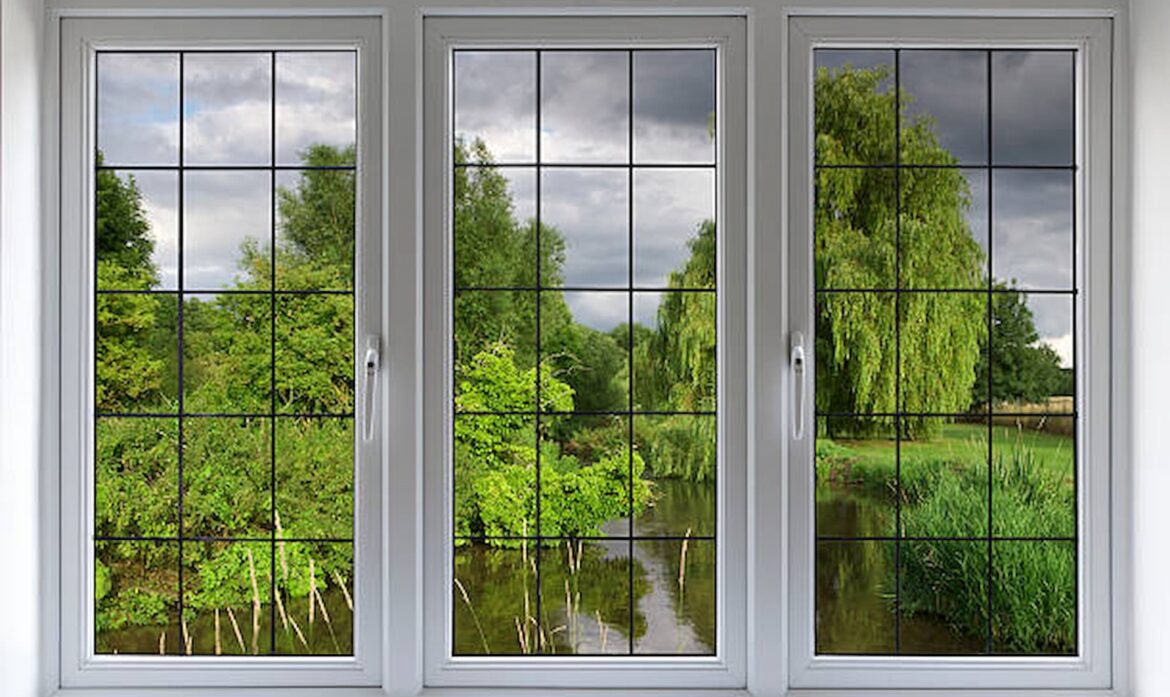Our homes aren’t just our castles, they are also, unfortunately, responsible for a lot of the UK’s carbon dioxide (CO2) emissions. As you already know, CO2 is one of the major greenhouse gases that contribute to global warming or climate change.
However, the fact that your home is your castle means that you can do something about your carbon emissions by changing your habits, your energy provider and, in some cases, your windows.
Plug the gaps
Insulation is a huge factor in energy wastage, as a ridiculous amount of heat is lost through the roof of your home, as well as doors and windows. If you don’t already have double glazing, or you still have a few single glazed lights, then now is the time to do something about that!
I know double glazing helps me to stay warmer, but how does it actually work?
Double-glazed windows can reduce your heat loss by up to 50%, which is not insignificant. These windows work by having two panes of glass that have trapped air or inert gas in between them. It’s actually this captive gas that does the job, as it prevents heat and sound from travelling across the gap between the two panes. This in turn means that your poor boiler won’t have to work harder to compensate for all that lovely heat that would otherwise escape into the ether.
Good for your wallet, good for the planet
As soon as your double-glazed windows are in place, they’ll start working for you. Houses with double glazing in Winchester, for example, save more than £100 each year on their heating bills if they have double glazing, according to the Energy Saving Trust. With the cost of fuel and energy rising, it makes sense to start reducing the amounts you use now.
The biggest benefit, however, is to the environment. If you’re saving around £100 a year, this works out to be around 750kg of CO2 a year. There are still around 800,000 houses in the UK that aren’t double-glazed, so if every one of these homes suddenly caught on, the UK’s total carbon footprint would be slashed!
Isn’t it expensive, though?
It’s true that installing double glazing isn’t cheap, but when you think of the financial, environmental and soundproofing advantages, it’s not that expensive, either. It’s also the case that the tech and the products have improved in recent decades, so if you look for “energy-saving recommended” windows, you’ll benefit even more.
Most newbuild homes have double glazing as standard and some have Low-E glass, which is a recent innovation that gives double glazing the same insulation and energy-saving prowess as triple-glazing.
If you’ve had your double glazed windows for a while now and you’re thinking about upgrading them, Low-E is a definite contender. Whatever type of glass and window you choose, having new double glazing fitted is usually a two-day job and it’s not something you can do yourself, so always get the professionals in.
By reducing your heat loss, you’ll be doing the planet – and your bank balance – a huge favour!

